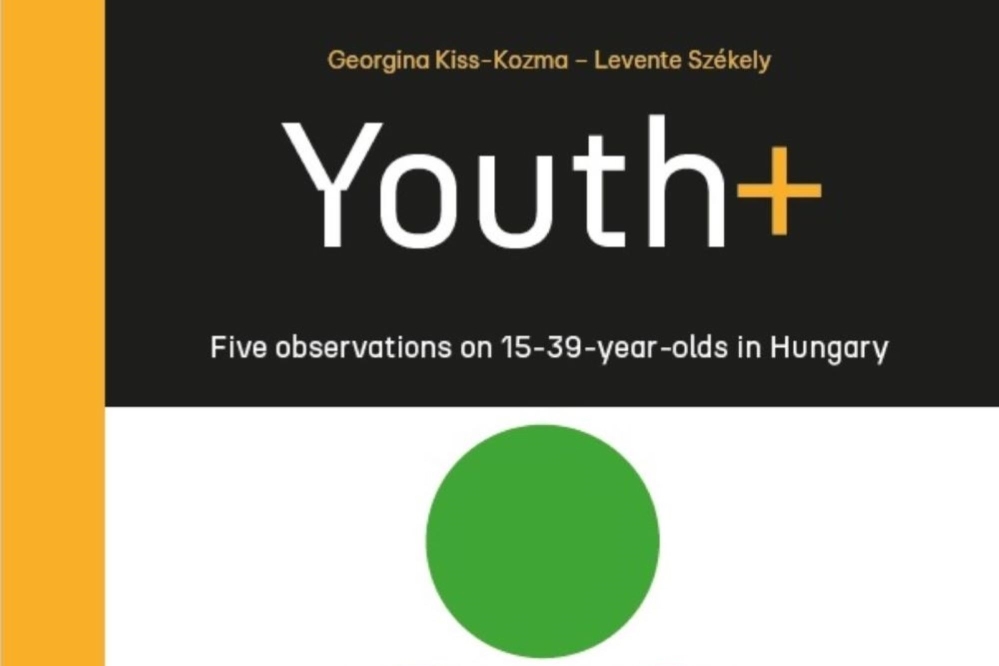Until when are we young? Asking ourselves this question likely means that we have already emerged from the youth life stage – or not.
In our times, youth is seen as a value worthy of preservation, carrying the notions of freedom, happiness, exhilaration and a host of other positive meanings. And it is also relative. The youth(fulness) of an individual is largely a matter of self-assessment; a teenager and someone in his fifties can equally feel young. In addition to the subjective factor, objective age is also present, although disharmony between the two seldom leads to any substantial difficulties.
Thus, anyone who feels youthful can be young. Research materials focusing on youth offer varying approaches to define the limits of the youth life stage; in Hungary, the term “youth” usually refers to those between the age of 15 and 29, with the definition itself often containing reference to its inevitable shortcomings. These limitations are largely due to the fact that characteristics of the youth life stage that were typical of the age bracket decades ago are either no longer relevant or exclusive to this age group. For example, people now regularly delay starting a family and having children to their thirties. Our present report, which intends to unveil findings not only on youth in the classical sense but also on young adults, is perhaps the first of its kind to feature an expanded youth age bracket, covering 15 to 39-year-olds. There are 2.9 million – more exactly, 2,860,552 – people between the ages of 15 and 39 in Hungary, over 1,2 million more than in the category of 15-29-year-olds. The sheer magnitude of this enlargement also means that 30-39-year-olds included in the youth cohort will heavily impact the image of young people.
However, similarities may between today’s thirty-somethings and young people in their teens and twenties may be more numerous that we would think at first glance. Results are applicable to Generations Y and Z, according to the widely accepted generational model adapted to Hungarian circumstances (Székely, 2014). Born between 1981 and 1993, members of Generation Y are today 30 to 42 years old, meaning that the expanded cohort largely covers this generation; Generation Z, the members of which are 15 to 29 years old today, refers to those born between 1994 and 2008. Findings relevant to the expanded youth cohort, understood as Generations Y and Z, are discussed along five issues. We address their economic strategies amid the inflationary environment experienced in the previous months, the role of social media and freedom of expression, as well as cultural consumption.
The final two chapters discuss mental wellbeing and social support, and current problems and future projections. In sum, we seek to portray 15-39-year-olds in Hungary by taking stock of the and present and drawing a sketch of the future along hot topics of the day. Our report is dedicated to researchers and decision-makers with an interest in youth, as well as youth workers and everyone (once) young. Georgina Kiss-Kozma and Levente Székely



